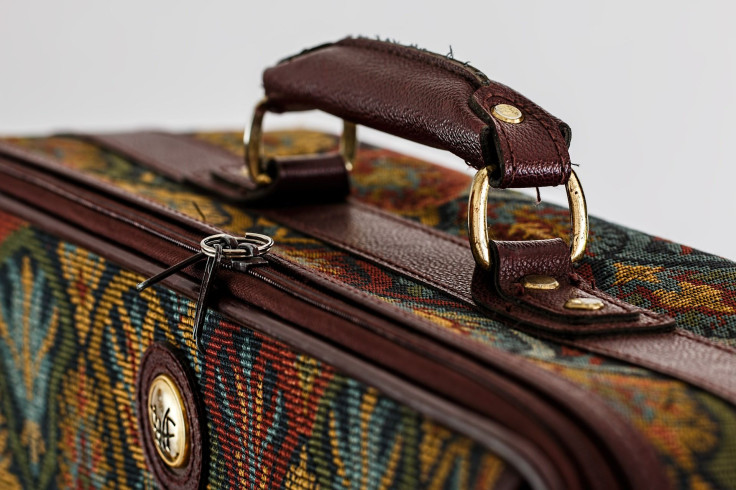Medical Tourism Has Its Risks: Commercial Transplants Increase Risk Of Hepatitis, Lowered Survival Rates

In recent years, transplant tourism — the practice of traveling abroad to purchase organs for transplant — has become more popular. Receiving an organ from a paid, living donor at a commercial transplant center may have considerable risks, though. A study set to be presented at ASN Kidney Week 2015 (held Nov. 3-8 at the San Diego Convention Center) highlights the dangers of the practice.
Many ethical aspects of transplant tourism have received attention recently, but much less has been written about the medical safety of the situation. Investigators in Bahrain set out to assess this by evaluating the health outcomes of patients who purchased organs internationally and came to their medical center for follow-up care.
The study looked at 270 transplant patients who received follow-up care between 1986 and 2014. They were compared with 123 recipients of living related donor transplants. Of the “commercial” organ recipients, the top countries where patients underwent transplantation were the Philippines, India, and Pakistan. Comparing these patients with the 123 controls, researchers saw that the commercial recipients were more likely to develop hepatitis C, hepatitis B, and cytomegalovirus, a virus that rarely manifests symptoms, but remains in the body for life.
Overall, one and 10-year survival rates of the transplanted organs in commercial recipients compared to controls were 91 percent and 22 percent vs. 98 percent and 44 percent. The corresponding patient survival rates were 96 percent and 70 percent for commercial patients, and 98 percent and 78 percent for the controls.
The data are consistent with other reports,” said Dr. Francis Delmonico, the executive director of the Declaration of Istanbul Custodian Group, in a press release. Delmonico was not involved with the study. The declaration was formed in 2008 by an international team of experts with a mission to define organ trafficking, transplant tourism and commercialism, and to come to a consensus regarding the principles of practice and alternative options to address organ shortages.
Source: Yakupoglu Y, Ozden E, Dilek M, Demirbas A, Adibelli Z, Sarikaya S, et al. Transplantation tourism: high risk for the recipients. Clin Transplant. 2015.



























